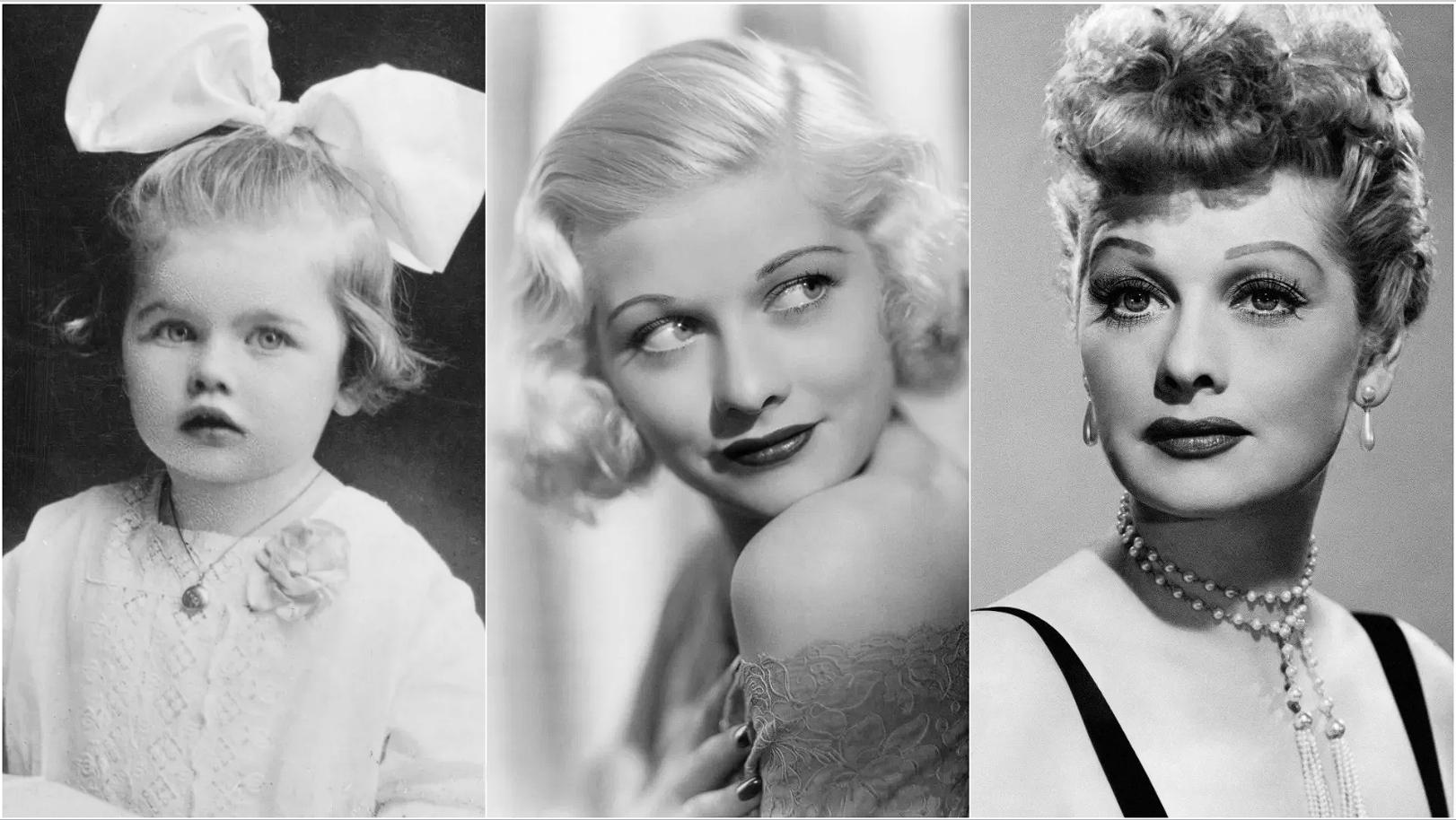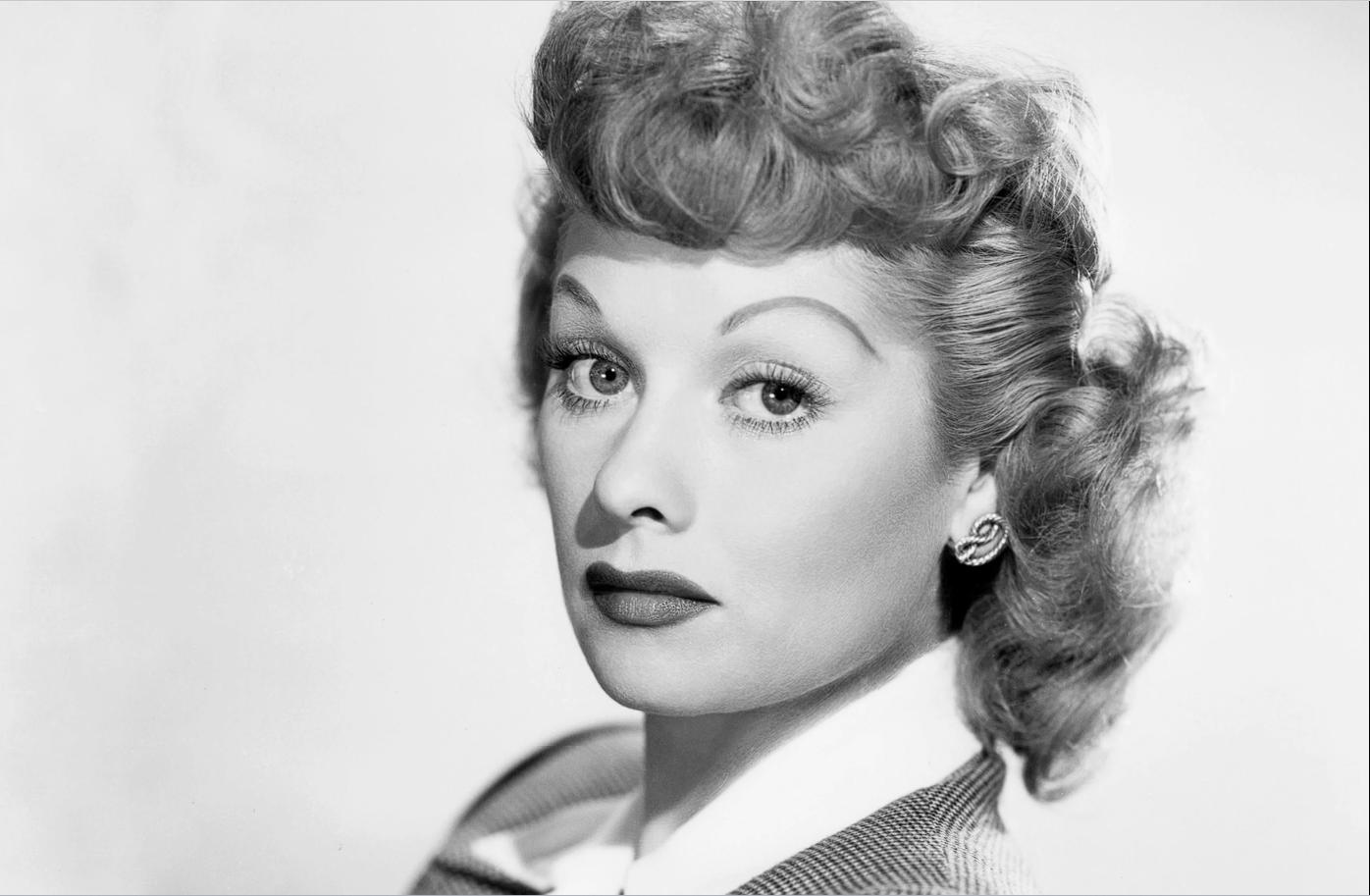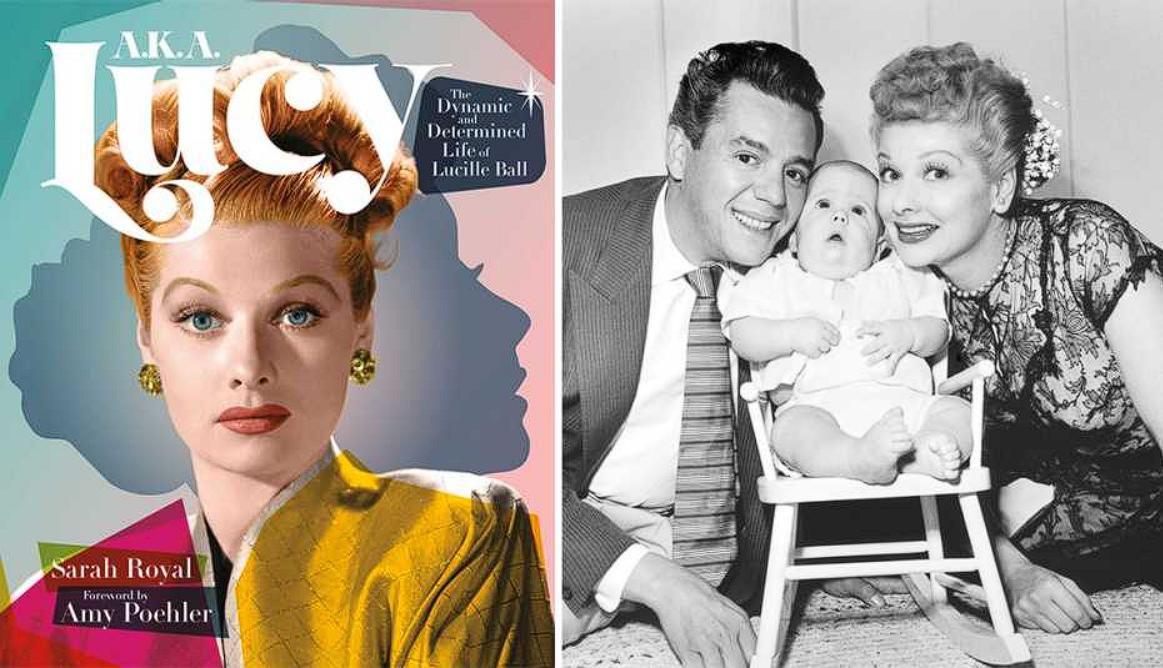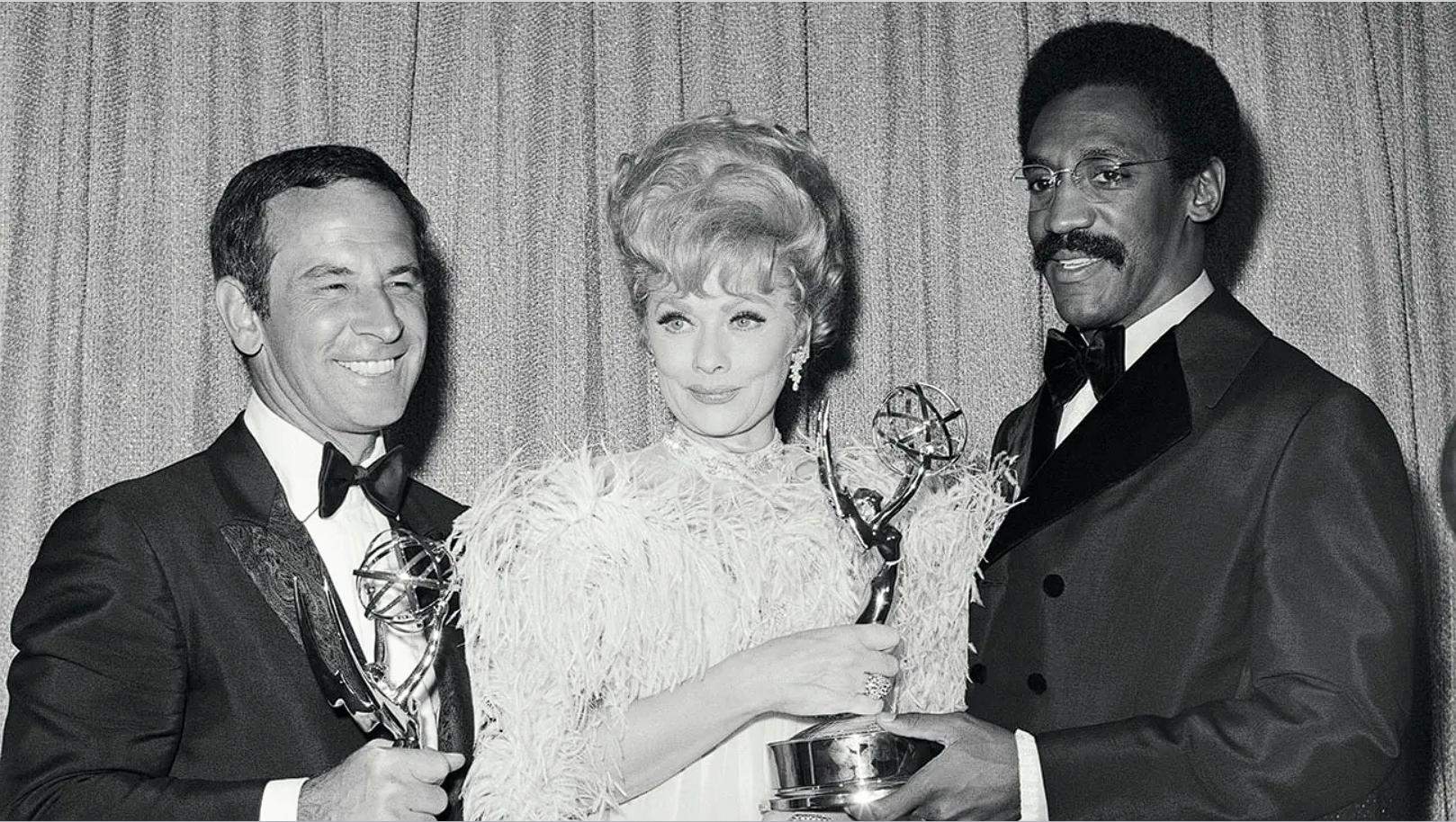Lucille Ball: How America’s First Lady of Comedy Redefined Television and Broke Barriers
In a golden age when television was still finding its voice, Lucille Ball stood at its heart—vibrant, fearless, and unforgettable. With her flaming red hair, expressive eyes, and unparalleled comedic instinct, she transformed the landscape of entertainment forever. But behind the laughter and the adoration, there was a woman of deep resilience, sharp intelligence, and unyielding ambition—a woman who rewrote the rules in an industry where few women dared to lead.
From Small-Town Dreams to Hollywood’s Reluctant Starlet
Lucille Désirée Ball was born on August 6, 1911, in Jamestown, New York, into a life shadowed early by loss and hardship. After the death of her father when she was just three, Lucille grew up with a fierce determination to escape the confines of her modest upbringing. Acting was her beacon, and as a teenager, she struck out for New York City, chasing dreams with little more than grit and a willingness to endure countless rejections.
The 1930s and 1940s saw Lucille carving out a niche for herself in Hollywood, often cast in small roles where her natural comedic talent peeked through. She was dubbed the “Queen of the B Movies,” a title she wore with both pride and quiet frustration. Stardom remained elusive, but Lucille Ball was not one to give up. Every minor role, every small success, sharpened the instincts that would one day ignite a revolution on the small screen.
I Love Lucy: A Cultural Earthquake in American Television
In 1951, everything changed. Together with her Cuban-American husband Desi Arnaz, Lucille launched I Love Lucy—a sitcom that would not only become a ratings phenomenon but also redefine American television. Shot before a live audience with multiple cameras, the show introduced technical innovations that remain standard today. But beyond technique, it was Lucille’s electric portrayal of Lucy Ricardo—endearingly chaotic, endlessly imaginative, and unabashedly funny—that captured the nation’s heart.
I Love Lucy broke new ground in ways few realized at the time. Lucille and Desi insisted on depicting an interracial marriage on television, a bold move in an era of strict racial codes. When Lucille became pregnant with her second child, she challenged deeply ingrained taboos by portraying pregnancy openly on air, using the word “expecting” when even acknowledging pregnancy was considered controversial.
Behind the laughter was a woman of fierce vision. As head of Desilu Productions, Lucille became the first woman to run a major Hollywood studio, greenlighting future classics like Star Trek and Mission: Impossible. In a business dominated by men, Lucille Ball was not just a participant—she was a leader, commanding respect through her wit, wisdom, and unwavering resolve.
Triumphs and Heartbreak Behind the Curtain
While her professional triumphs were unparalleled, Lucille’s personal life carried its own quiet sorrows. Her marriage to Desi Arnaz was a passionate whirlwind, marked by love, ambition, and eventual heartbreak. Their 1960 divorce shattered the idealized image many fans held, revealing the painful realities behind the scenes. Yet even in heartbreak, Lucille carried herself with dignity, continuing to entertain millions while quietly rebuilding her life.
She later found a steady companionship with comedian Gary Morton, though the emotional scars from her earlier struggles never entirely healed. Through it all, Lucille remained relatable—not a distant star, but a woman who loved fiercely, fell hard, and picked herself up again and again.
A Lasting Legacy Beyond Laughter
Lucille Ball’s influence stretched far beyond her own glittering career. She paved a path for women in comedy and television, proving that humor was not a male domain and that women could lead, create, and conquer. Her fearless physical comedy, emotional authenticity, and groundbreaking business acumen inspired generations, from Carol Burnett and Lily Tomlin to Tina Fey and Amy Poehler.
When Lucille passed away on April 26, 1989, the world mourned a pioneer who had changed not just entertainment, but society itself. Tributes flowed in, honoring the woman who made America laugh and, perhaps more importantly, made it believe that women could be as powerful, as funny, and as visionary as anyone.
The Enduring Spirit of Lucille Ball
Even today, Lucille Ball’s impact radiates through screens big and small. Every comedic fall, every fearless skit, every heartfelt performance carries the echo of a woman who dared to dream bigger than her circumstances and refused to be confined by expectations.
Lucille Ball didn’t merely entertain America—she reshaped it. She showed that behind every joke was a truth worth fighting for: that women had the right to lead, to laugh, and to live on their own terms. In doing so, she became not just the Queen of Comedy, but a symbol of possibility itself—a legacy that will never fade.
